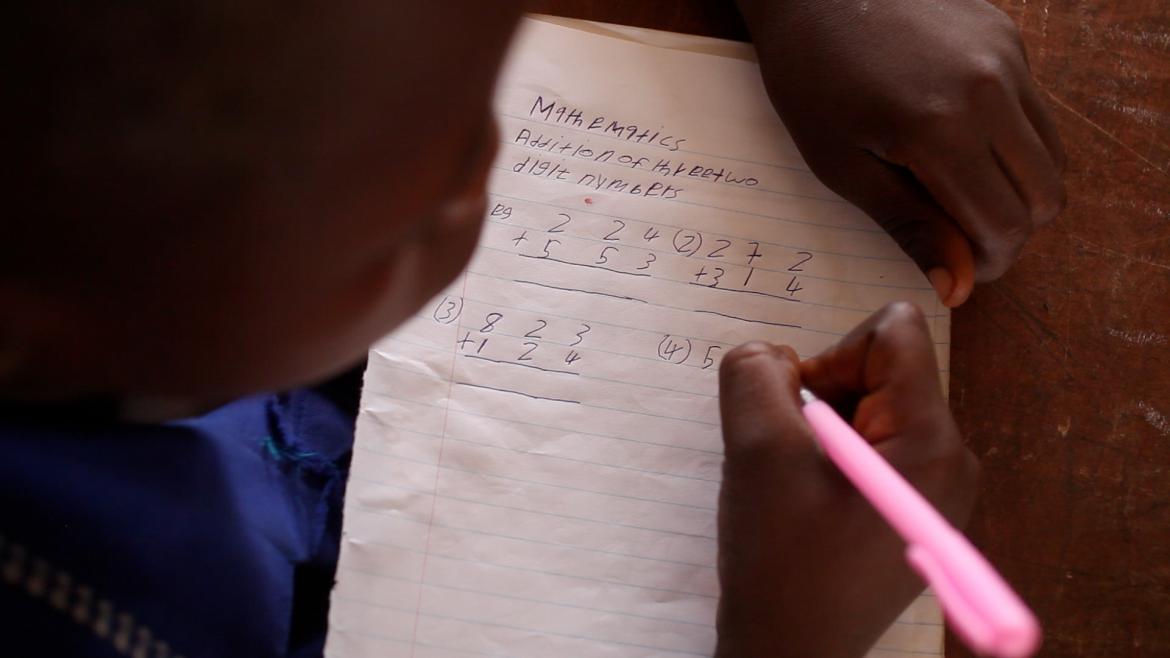This blog was written by Andy Brock (formerly of Cambridge Education and Trustee of UKFIET; writing in a personal capacity).
Why is there so much focus on data and evidence in discussions about the “learning crisis in education” – and is this not a distraction from actually addressing the crisis itself? Why is this focus on data not always shared by ministries of education?
Do we really not know “what works” in education, despite centuries of worldwide education development to draw on and countless examples of education systems that grew from specialised tutoring for the elite to mass education systems achieving near universal levels of literacy and numeracy ?
In a recent blog, I argue that the “what works” agenda is really a sideshow about the context-specific details of specific literacy or numeracy strategies, rather than the main show – which is how to quickly get millions of children learning at meaningful levels.
There are many reasons for this – not least of which are the indifference of some governments to evidence as well as the (often hidden) political drivers and constraints of both government and donor policy. The increased emphasis on evidence creation and application among donors also reflects a fundamental lack of confidence within the education sector about persuading budget holders (within donors and recipient governments) to invest scarce resources in education.
So, the reality is that the learning crisis is at heart a socio-political and financial crisis, not a technical one – the solutions lie in social, political and fiscal choices, not the finer points of how children learn to read and count in particular countries and contexts. There are some deceptively simple technical solutions and some exceptionally difficult political ones. Which is why it remains a crisis.
What do those solutions look like? Firstly, they look a lot more political and a lot less educational than at present. Secondly, they are much more finance focused. Thirdly, they’re much more consultative and collaborative.
To take each of those briefly: donors and implementers working with national governments need to spend much more time thinking and working politically. This is not new, but it’s hard; it’s not sexy and failure is often easier to demonstrate than results, so it’s constantly slipping down the priority list.
Secondly, any national education programme not actively engaging the Ministry of Finance is almost certain to fail in the long term. Securing long-term sustainable increases in funding for basic education is essential – but rarely an integral part of education programmes.
Finally, there’s too much competition: between multilateral donors, between bilateral government programmes, between contractors, between NGOs. This is inefficient and crowds out the voices of those who need to be part of the solution – local communities, political communities, activist communities, etc. We need to downplay (not avoid) competition and emphasise collaboration.
President Obama was recently interviewed for advice he would give to young people setting out on a career in public service. His advice was pertinent:
“Just learn how to get stuff done. What I mean by that is I’ve seen at every level people who are very good at describing problems, people who are very sophisticated at explaining why something went wrong or why something can’t get fixed. But, what I’m always looking for is, no matter how small the problem or big it is, somebody who says, ‘Let me take care of that’.”
If we’re going to take care of the learning crisis we need to focus much more urgently and strongly on supporting action by governments and their local communities. To do that we need much greater attention on how to harness the political, social and financial drivers to make change happen.
A crisis is only a crisis if everyone can see it’s urgent and that proportionate action is being directed to solve it. The longer a crisis continues, the less it looks like a crisis and the more it looks like the norm. The Learning Crisis is in real danger of becoming the norm.
Read the full article here.





